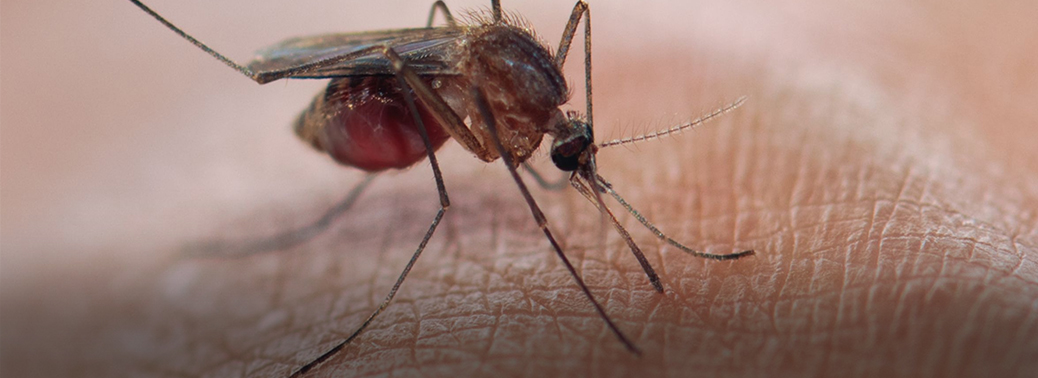WITH GENETIC TWEAK, MOSQUITO POPULATION MADE EXTINCT
18, Sep 2018

Prelims level : Science and Technology
Mains level :
Why in news?
- Scientists said that they had succeeded for the first time in wiping out an entire population of malaria-carrying mosquitoes in the lab using a gene editing tool to programme their extinction.
Background:
- Gene drive technology works by forcing evolution’s hand, ensuring that an engineered trait is passed down to a higher proportion of offspring—across many generations—than would have occurred naturally.
- In experiments with the species Anopheles gambiae, scientists at Imperial College London tweaked a gene known as double sex so that more females in each generation could no longer bite or reproduce.
- After only eight generations, there were no females left and the population collapsed due to lack of offspring.
- This breakthrough shows that gene drive can work, providing hope in the fight against a disease that has plagued mankind for centuries. The next step will be to test the technology in a confined laboratory setting that mimics a tropical environment.
- It will be at least five-to-ten years before we consider testing any mosquitoes with gene drive in the wild.
- The double sex gene targeted in the experiments is deeply “conserved”, meaning that is formed tens or even hundreds of millions of years ago and is today shared by many insects with only minor variations.
- This suggests the technology could be used in the future to specifically target other disease-carrying insects.
- Traditional approaches to controlling mosquitoes — especially the use of insecticides — is becoming less effective,” mainly due to the build-up of resistance
Negatives:
- The ability to eradicate species and natural populations at will with synthetic gene drive is not to be celebrated but should rather sound an alarm.
- There are ecological risks from manipulating and removing natural populations, such as destroying food webs and shifting the behaviour of diseases, as well as social risks of disrupting agriculture and enabling new weapons.
- The issue will be squarely on the agenda in November in Egypt at a UN Biodiversity summit, which has mandated one of its technical committees to assess gene drive’s potential risks and benefits.
- Governments, farmers, indigenous peoples and civil society will be pressing for a full moratorium.






